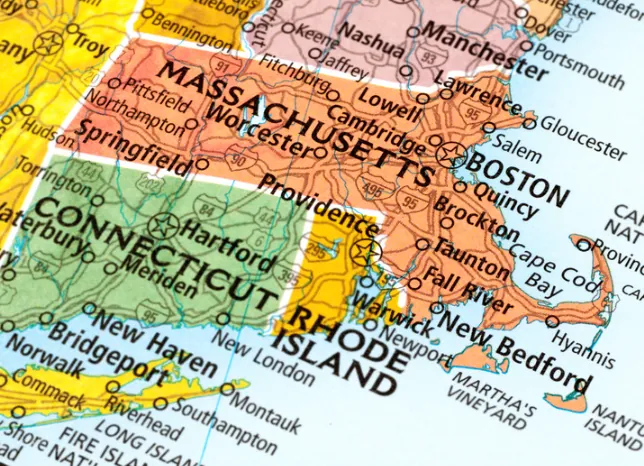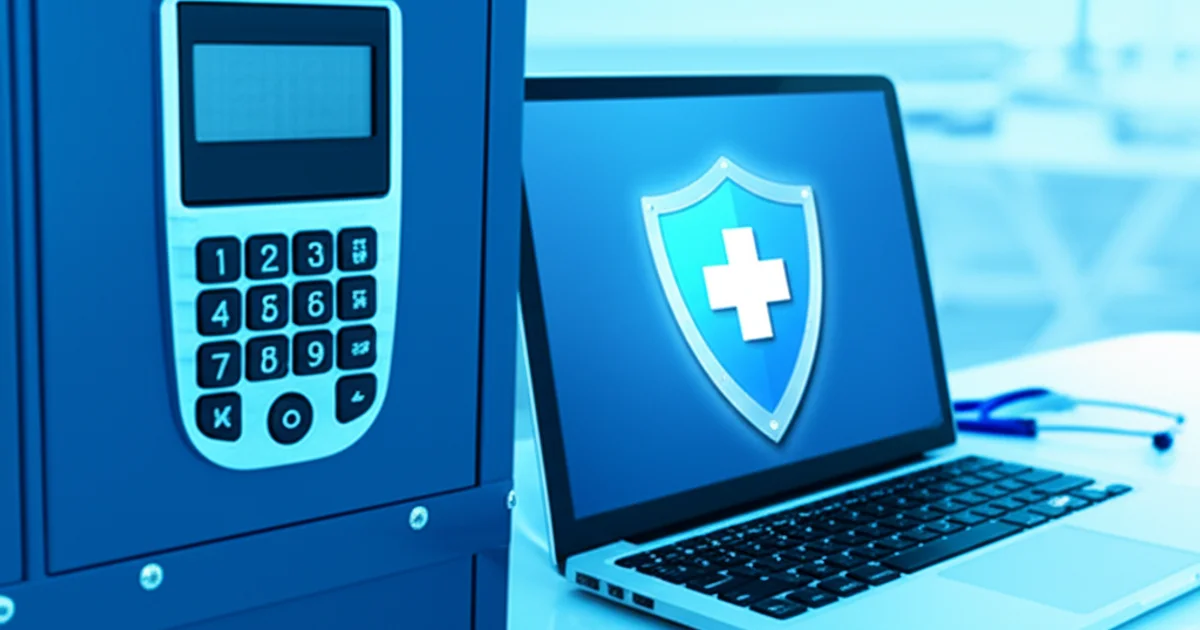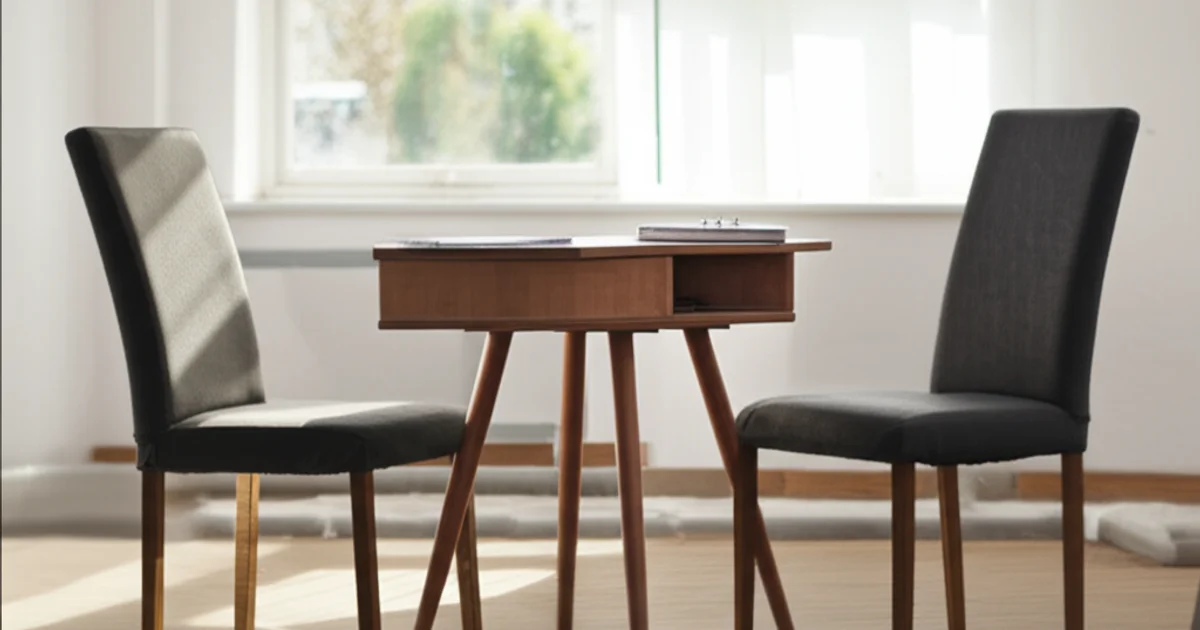Everything You Need to Open Your Sober Living Home in Massachusetts
Opening a sober living home in MA? Comprehensive guide (Aug 2022) covers requirements & steps. From the Sober Living App blog.

Legal Disclaimer
This article is for informational purposes only and does not constitute legal, financial, or compliance advice. Regulations vary by jurisdiction and change frequently. Consult qualified professionals for specific guidance on compliance requirements in your state.
Although you’ll need a license to open an addiction treatment center in Massachusetts, if it’s just a sober living home you’ve got your eyes set on, you’re in luck: Massachusetts doesn’t require any licenses or certifications for “recovery residences!” However, cities and counties may have their own group home, boarding home, or other local ordinances that impose additional requirements. You must verify all local regulations with your municipality and consult a qualified local attorney before beginning operations. Another perk? Massachusetts also has a strong history of funding behavioral health — at least more so than other states in the union. Agencies like MassHousing even award grants to sober living home operators from time to time to help with operation and startup costs.
Today, we’ll take a deep dive into everything you need to know about opening your sober living home in Massachusetts.
MASH or Massachusetts Alliance for Sober Living is A Great Resource When Starting Your Sober Living Home
Important: This guide provides general information for educational purposes only. It is not legal, financial, or compliance advice. Recovery housing regulations vary by state, county, and municipality. You must consult with a qualified local attorney and your municipality’s code enforcement office to confirm all requirements at every level of jurisdiction before opening a sober living home. Regulations change frequently — always verify current requirements directly with relevant government agencies.
MASH is the local NARR affiliate in Massachusetts. You can apply to become certified through MASH online. It is a seven step application process. The application checklist and the MASH Certification Application are both great pieces of paperwork to review before you begin the process. Annual fees are somewhat steep and do not include the additional $50 inspection fee. For example, a sober living home with 13-20 beds costs $375 per year to remain in good standing with MASH. All applications require an inspection.
In 2016, state lawmakers in Massachusetts passed a law that makes it possible for sober living homes to seek state certification if they so choose.
NIMBYism is a Big Threat to Sober Living in Massachusetts
Beware NIMBY resistance to sober living homes in Massachusetts. In Methuen, a husband-wife team was harassed by the city with several lengthy requests for code-related information and inspections. This is not usual in Massachusetts, where the broader community is skeptical about recovery housing.
State Certification for Sober Living Homes in Massachusetts is Optional - But There’s a Catch
You don’t have to get certified to open a sober living home in Massachusetts. However, there are benefits to doing so.
Since September 2016, Massachusetts has required state agencies to only refer clients to “certified alcohol and drug free (ADF) housing.” This includes having proper drug testing protocols and test results documentation in place. In other words, if you want referral from state agencies - like state run treatment centers, hospitals, parole officers, social workers, etc - then you’ll need to get certified with the state and maintain that certification in good standing.
While the Bureau of Substance Addiction Services (BSAS) in Massachusetts is responsible for certifying all addiction treatment programs in the state, it does not certify sober living homes. Instead, Massachusetts contracts that work out to MASH.
The Massachusetts Alliance for Sober Housing Maintains a List of All Certified Sober Homes in the State
MASH maintains a master list of all sober homes that it has certified in Massachusetts. This list currently contains 177 entries. It is searchable by name, region, town, zip code and type of service offered. This tool is an invaluable resource to those considering operating in the state because you can use it to better understand the market and identify holes in the state’s offerings.
Looking For Grants for Your Sober Living Home Startup in Massachusetts?
It can be very difficult to find funding for sober living home projects in any state, and Massachusetts is no different. However, in 2021, MassHousing awarded over $630000 to sober living homes, or “substance-free housing units.” MassHousing is a quasi-public affordable housing agency in Massachusetts so its shift in focus to recovery housing is unusual. It’s worth keeping an eye on this agency to see if they’ll make a similar move in the future.
Learn About Massachusetts’s NARR Affiliate
For detailed information about MASH certification standards and NARR guidelines in Massachusetts, see our guide on the Massachusetts NARR State Affiliate.
Running Into Trouble With Opening Your Sober Living Home in Massachusetts? We’re Here for You
Sober Living App is dedicated to doing one thing: making it easier - and more profitable - to operate sober living homes.
Our all-in-one app handles rent collection, admissions, property management, residents’ care coordination, community contacts, transportation details, calendars, staff, alumni and more - all from the convenience of your phone.
Claim your free trial today and see why more sober living homes prefer the Sober Living App
Put this knowledge into action
Sober Living App gives you the tools to implement best practices and run a successful operation.
Related Articles

Halfway House Software: Complete Management Guide [2026]
Halfway house software for reentry programs and recovery housing. Manage residents, billing, compliance, and reporting. Compare features and solutions.

Does HIPAA Apply to Sober Living Homes? Compliance Guide [2026]
HIPAA may or may not apply to your sober living home. Learn when HIPAA requirements kick in, best practices for resident privacy, and compliance tips for operators.

How to Find & Hire a Sober Living House Manager [2026 Guide]
Where to find qualified house managers for your sober living home. Recruiting strategies, screening process, and retention tips for recovery housing operators.